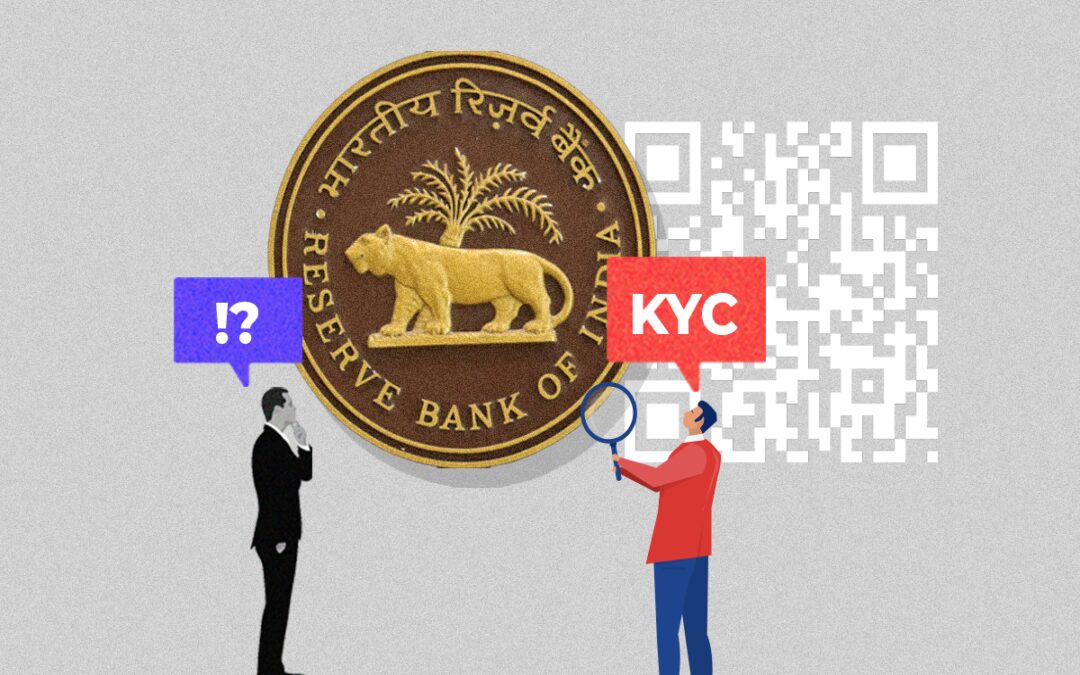The digital payments industry has raised issues with the Reserve Bank of India’s draft guidelines for payment aggregators, including mandatory full KYC and stopping disbursal of funds directly to vendors, at a meeting with RBI officials a week ago.
“We made a presentation around the issues that the new guidelines could bring upon the industry,” said a senior industry executive who attended the meeting. “The central bank heard them and engaged with us on some of the queries we had… We will have to wait for the final guidelines now,” the executive said.
Around 40 representatives of the industry met officials from the Department of Payment and Settlement Systems at the meeting. The regulator had released the draft guidelines on April 16.
This development comes at a time when US payment giant Stripe seems to be withdrawing from the domestic payments market in India. It went into an ‘invite-only’ mode for merchants looking to use Stripe and said they will focus on cross-border payments.
Food delivery major Zomato last month shelved its payment aggregator (PA) aspirations and said it would return the online PA licence.
While these decisions were mostly their business calls, industry insiders said the strengthening regulatory environment could be discouraging many players from investing in payments.
Founder of a major payment aggregator who was present at the recent meeting said industry representatives tried to impress upon the RBI officials the problems with mandatory full KYC, especially for small merchants.
“There are street vendors who are using QR codes for payments… If we need to undertake contact point verification of all such merchants, it will be a huge cost and operational challenge,” the founder said.
However, he is not very confident about the RBI accommodating the industry’s concerns in the final guidelines.
ET wrote on April 18 that the strict KYC rules could slow down merchant onboarding by 90%.
Two major points the regulator laid out in the draft guidelines for the PA industry are around making KYC mandatory for all merchants and stopping all forms of payments to vendors on behalf of the marketplace.
“There are practical use cases around payments to third parties, like gas companies want payments to be disbursed directly to their distributors; even insurance companies work on these models… These arrangements will get disrupted,” said the industry executive quoted above.
Emailed queries to the RBI remained unanswered as of press time Monday.
Engaging with the industry is common for the central bank. Typically, such conversations are organised by industry groups.
However, RBI officials do not commit to anything in these meetings. They take industry feedback, deliberate internally, and act through fresh clarifications or circulars.
The founder quoted above said the regulator was concerned about fraudulent merchants who have used payment aggregators to siphon off funds from Indian consumers and take them out of the country through the crypto route.
“The regulator wants payment aggregators to tighten their merchant onboarding process, but PAs have built their business on low touch and quick service… If we have to start operating like banks, we will lose the nimbleness and the cost advantage,” the founder said.











